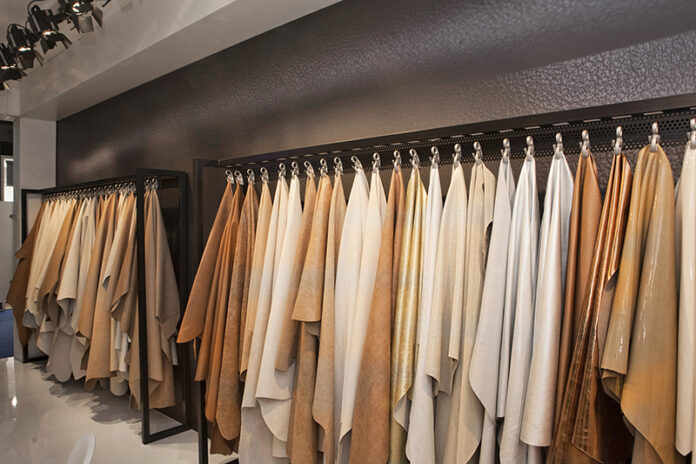LAHORE: Rising inflation and declining purchasing power has led to a 25 to 30 percent drop in the supply of animal hides, sparking fear that the shortage might affect the rapidly growing local leather goods export industry.
Speaking with traders of the leather market here on Wednesday, Profit learnt that the number of hides of sacrificial animals brought to the market declined approximately by 175,000 for cow hides and 250,000 for goat’s skins as compared to last year.
The market’s general secretary Shahid Younis informed that the leather business has been severely affected, as seen on Eid, with inflation resulting in people buying fewer animals to sacrifice, which had a direct impact on the market and its business.
Younis said that on one hand, there is a shortage of sacrificial animal skins and on the other, prices of skins have gone up by 20 to 30 percent. “Last year, 600,000 skins of large animals such as cows and camels were brought to the market while preliminary market data from this year suggests that the market was given 425,000 skins.”
“Similarly, 900,000 skins of small animals were brought to the leather market last year. However, this year, with a decrease of 250,000, approximately 650,000 skins came to the leather market. If we talk about the prices of hides, cow skins are currently being sold for Rs3,000, goat skins for Rs400, lamb skins for Rs60, buffalo skins for Rs1,200 and camel skins for Rs600,” he informed.
Tariq Malik, another leather market trader, told Profit that sacrificial skins are a major economic activity for the leather industry and traders and the shortage of skins this year will probably shock the industry.
Referring to the statistics, Malik added that the consumption of leather products in Pakistan is very low with 95 percent of locally produced leather and its products being exported.
“The share of leather products in exports was 5.1 percent in 2014, which declined to 3.7 percent in 2019. In the 1990s, these exports accounted for more than 10 percent; now exports of leather products from Pakistan are once again increasing rapidly with an increase of over 30 percent by the end of the last financial year,” he said.
Malik said that due to the increase in exports, leather markets need to fulfill a huge demand which seems unlikely at the moment. “The shortage of skins is one of the reasons for the increase in their prices in addition to the labor cost for preparing raw skins which has also increased compared to last year,” he added.





Hopefully this year we can overcome this shortage. Allaha will definately help Pakistan industry to overcome this shortage.